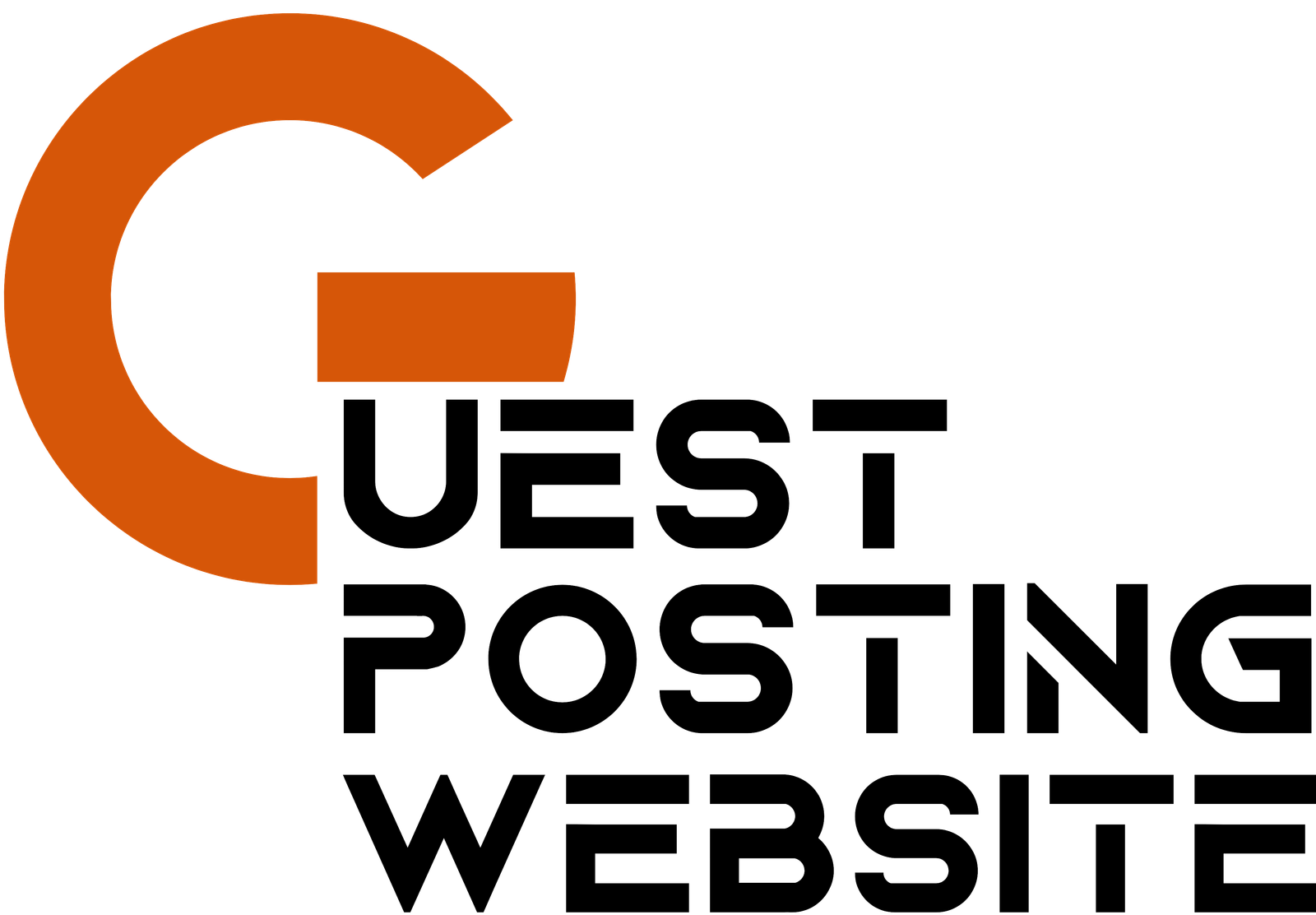Breaking Down the US CMA Course Fees: What You Need to Know

The US Certified Management Accountant (CMA) course is a prestigious program for individuals aspiring to excel in management accounting and finance. It is globally recognized and opens doors to rewarding career opportunities. However, before beginning this journey, it’s crucial to understand the different costs involved in the US CMA course. In this article, we will break down the various components of the US CMA course fees, helping you prepare financially for this important step in your career.
What Does the US CMA Course Include?
The US CMA course is designed to develop skills in financial management, strategic decision-making, and business analysis. It consists of two parts:
-
Part 1: Focuses on financial planning, performance, and analytics.
-
Part 2: Covers strategic financial management.
To enroll in the US CMA program, you will need to register as a candidate, pass both exams, and maintain membership with the certifying body. Each of these steps involves specific fees that you should plan for.
Components of the US CMA Course Fees
The US CMA course fees are divided into several categories. Let’s take a closer look at each one:
a. Membership Fees
To start your US CMA journey, you need to become a member of the certifying organization. This membership is mandatory and often requires annual renewal. Membership grants you access to essential resources, such as study materials, networking opportunities, and updates about the program.
b. Entrance Fees
After becoming a member, you must pay an entrance fee to officially enroll in the US CMA program. This fee is a one-time payment and allows you to access exam-related resources and prepare for the certification.
c. Exam Fees
The US CMA program requires candidates to pass two exams, one for each part of the course. Each exam has a separate fee, and you must pay for them when scheduling the exams. If you don’t pass on the first attempt, you’ll need to pay the fee again to retake the exam.
d. Study Materials and Resources
While some study materials may be included in your membership, many candidates prefer to purchase additional resources like textbooks, online courses, or practice tests. These materials are not included in the basic course fees, so you’ll need to budget for them separately.
Hidden Costs to Consider
Apart from the main fees, there are additional costs that candidates should be aware of:
a. Exam Rescheduling Fees
If you need to change your exam date or location after scheduling, you may have to pay a rescheduling fee. This is a small but important cost to keep in mind.
b. Travel and Accommodation
US CMA exams are conducted at designated testing centers. If you live far from the nearest center, you may need to travel and possibly arrange for accommodation. These costs can add up, especially if you need to take the exams multiple times.
c. Maintenance of Certification
After earning the US CMA certification, you must maintain it by fulfilling continuing education requirements and renewing your membership annually. These ongoing costs are essential for keeping your certification active.
Tips to Manage the US CMA Course Fees
Managing the US CMA course fees can feel overwhelming, but with proper planning, it’s entirely achievable. Here are some tips to help:
a. Create a Budget
Start by listing all the costs you expect to incur, including membership, exams, study materials, and additional expenses. This will give you a clear picture of the total investment required.
b. Save in Advance
Once you have an estimate of the costs, set aside money specifically for the US CMA course. Saving in small amounts over time can make the fees more manageable.
c. Look for Discounts
Some organizations offer discounts on membership or exam fees for students or professionals registering early. Keep an eye out for these opportunities to save money.
d. Use Affordable Study Resources
While premium study materials can be helpful, there are also budget-friendly options like free online resources, library books, or group study sessions. Explore these alternatives to reduce your expenses.
Why Is the US CMA Course Worth the Investment?
The US CMA course fees might seem like a significant investment, but the benefits of earning this certification often outweigh the costs. Here’s why:
a. Career Growth
The US CMA certification demonstrates your expertise in financial management and decision-making, making you a valuable asset to employers. This can lead to better job opportunities, promotions, and higher salaries.
b. Global Recognition
The US CMA is recognized worldwide, allowing you to pursue career opportunities in different countries. This global credential enhances your professional credibility and opens doors to international roles.
c. Versatile Skills
The US CMA course equips you with skills that are relevant across various industries, such as budgeting, risk management, and performance analysis. This versatility makes it easier to adapt to different job roles and industries.
Common Mistakes to Avoid
When planning for the US CMA course fees, avoid these common pitfalls:
a. Ignoring Hidden Costs
Many candidates focus only on the main fees and overlook additional expenses like travel, rescheduling, or ongoing membership. Make sure to account for all costs to avoid surprises.
b. Not Preparing for Exam Retakes
While it’s best to pass the exams on your first attempt, it’s wise to set aside funds for potential retakes. This ensures you can continue your certification journey without financial strain.
c. Rushing Without a Plan
Jumping into the US CMA program without a clear financial plan can lead to stress and unnecessary delays. Take the time to prepare a budget and gather the necessary resources before starting.
Conclusion
The US CMA course is an investment in your professional future, offering numerous benefits such as career advancement, global recognition, and versatile skills. However, understanding the US CMA course fees is a critical first step to ensure you’re financially prepared for the journey.
By breaking down the costs into manageable components, creating a budget, and planning ahead, you can navigate the fees without unnecessary stress. While the financial commitment may seem significant, the rewards of earning the US CMA certification make it a worthwhile pursuit for anyone seeking a successful career in management accounting and finance.
What's Your Reaction?








































